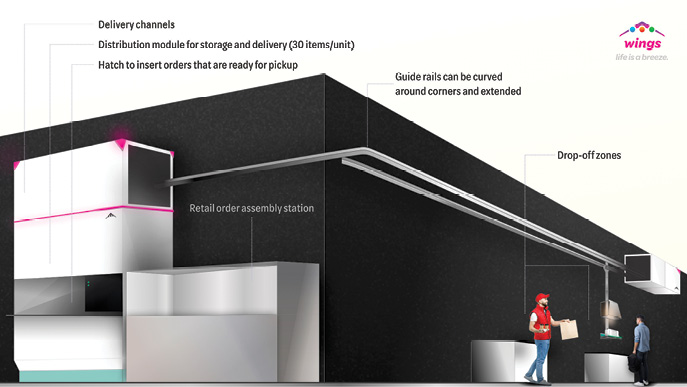An advancement in the field of marijuana extracts involving the carbonation of the resin containing attributes new to the field of Cannabis extraction. This technique combines the carbonating effect of CO2, used as a cosolvent, in conjunction with a typical hydrocarbon butane extraction. This type of extraction, developed by Extractioneering, is called a "Cosolvent" extract. A vial of carbonated HTFSE created with the Cosolvent Cannabis extraction method that utilizes both CO2 and Butane as extraction solvents. Carbonation of the Cannabis extract makes for a more intense flavor and effect over traditional BHO and Live Rosin types. In addition, the carbonation preserves the product and allows it the opportunity to 'vintage' similar to wine, improving with age.
Using Carbonation to buffer the resin during solvent extraction preserves it from degradation and makes it as bioavailable as if it were vaporized off the cured flower itself. Basic extracts such as concentrates and distillates cannot be carbonated to the same degree as complex cured resins.
Allowing Cannabis cultivators at the peak of their craft to create incredible strains featuring rich cured resins be able to protect, preserve, and vintage their resins through the process of carbonation will allow their cultivation legacy live on long after their flowered cannabis has expired.
Helping the cultivator create revenue from all components of their harvest regiment is an absolute priority for a healthy and successful cannabis business. A Cosolvent extraction can make an effective and complex extract out of as little as 1lb of cannabis material. A true small batch technique that is paired well with the small, medium, or large cannabis cultivator.
"In the natural sciences, we utilize buffers when extracting substances (organelles, proteins, nucleic acids) for research analysis. These buffers create conditions that foster the collection and protection of desired biomolecules leaving them in their native chemical configurations. In essence this is what we achieve with Cosolvent extractions using Cannabis oleoresin," states Daniel Maida Hayden Ph.D. in Plant Molecular Physiology.



